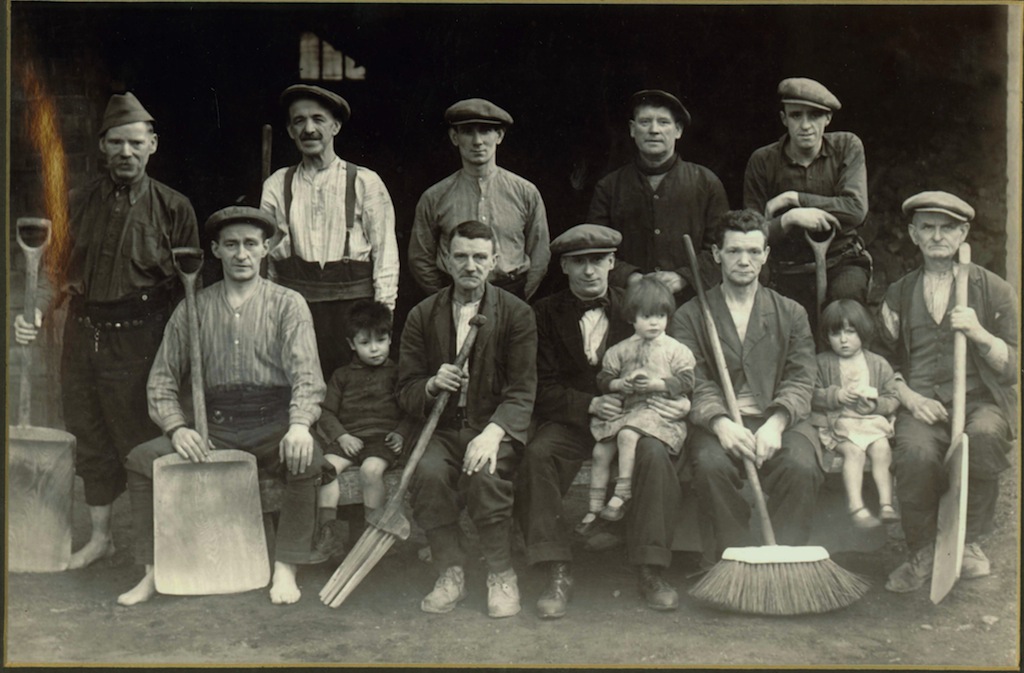TenderScout is an online platform that helps SMEs find and win government tenders. The firm is expanding internationally.
Tenderscout, the Grand Prix winner of the 2016 Eir Spider Awards, is expanding into the US, UK and Canadian markets.
Formed by businessman Tony Corrigan in 2010, TenderScout helps companies take a strategic view of tendering and understand quickly whether they should go for a particular tender. Clients can expect to avail of the 70% success rate the company achieves when submitting bids, compared to an average EU success rate of 26%.
“A huge part of our offering is to be in the position to tell clients when not to go forward for a tender. In 2016, an estimated €143m was spent writing proposals for government tenders in Ireland. However, our analysis shows us that 60% of these proposals were guaranteed to lose. Eliminating unqualified businesses from competing for a tender frees up government resources and provides SMEs that deliver better value for money,” says Corrigan.
How did you come up with the name of the company?
My wife Maeveanne came up with the name. The critical ‘Scout’ comes from the narrator in To Kill A Mocking Bird – Scout Finch.
What’s your elevator pitch?
TenderScout wins contracts for SMEs who feel that they can’t afford to compete against better-resourced companies.
What are your companies biggest strengths and weaknesses?
Our biggest strength is that we have both the business (tendering) expertise and the technology expertise – most of our competitors are good at just one or the other. That gives us the ability to be disruptive and provide new options to companies who want to compete for contracts.
Our biggest weakness is that of any company starting out – as we prove the viability of our product, other better-financed companies will try to emulate our success. We have to be constantly innovating to stay ahead of the curve.
What qualities do you look for when you are hiring people?
Attitude is the most important thing; pretty much everything else can be learnt. I look for people who are confident in their ability and demand responsibility. I try to hire people who can do things that I can’t – people that I can learn from and can push the company forward in ways that I can’t imagine.
What’s your company’s culture like?
Our culture appreciates can-do attitudes, moderate risk-taking and teamwork. It’s challenging to build a culture when so much effort has to be spent on more practical issues like finding money to pay bills. I’m really happy that the team has gelled together; there’s a lot of humour in our day-to-day interactions.
How did you initially finance your business?
We found customers that we could sell our consultancy services to. That generated money, but also helped us to understand the problems that helped us build the technology to fix. That was very worthwhile, and it’s something that we still do today, particularly as we move into new markets.
If money was no issue what positions would you hire for to help expand?
Where do I start? I’d love to build a really strong technology team and apply the power of machine learning to our technology. I’d also like to build out our sales team with people who’ve made monthly recurring revenues of €1m+.
Are there any magazines, blogs, newsletters or brands on social media you read religiously?
I read the Guardian multiple times a day and often get distracted by Quora and Digg. That’s pretty much it.
If the Internet ceased to exist how would you change your business model to cope with this?
Every day we collate business intelligence and details on over 2,000 prospective customers from all around the world through the Internet, for free. We’d need to invest in cold calling (phones still exist, right?) and setting up offices in large metro areas if we were to have any chance of trading internationally.
Interview by Barry Walsh.







